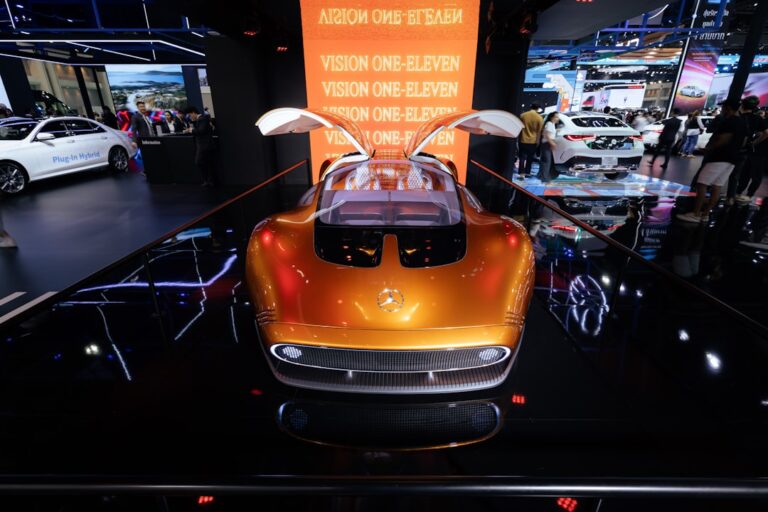Is this the harbinger of a broader struggle, or a chance to lead the next automotive revolution?
Fasten your seatbelts, folks. The wheels are coming off for XPeng, and it’s a wild ride that every savvy investor needs to know about. XPeng’s American depositary receipts (ADRs) recently took a nosedive, crashing 8.6% to $7.61. This isn’t just a hiccup; it’s a seismic shift that demands your attention. The culprits? New tariffs on Chinese electric vehicles (EVs) imposed by both the United States and the European Union.
Tariffs: The Trade War Turbocharge
XPeng wasn’t alone in this dramatic decline. Competitors like NIO saw a 6% retreat to $4.58, while Li Auto ticked down 2.9% to $20.13. These new tariffs are harsh reality checks for Chinese automakers, making it increasingly difficult to compete on pricing and market share in the global arena.
Market analysts have their eyes glued to the fluctuations. XPeng’s stock performance is a barometer of the competitive landscape, which has become increasingly treacherous for foreign automakers in China. Higher manufacturing costs and the lack of distinctiveness compared to local brands are huge hurdles. But the scene is not without its silver linings.
Local Production: The Road Less Traveled
In a tactical move to dodge these tariffs, Chinese automakers are revving up plans to localize production in Europe. Kick the tires and light the fires, because AlixPartners projects that by 2030, Chinese brands could dominate over 70% of the NEV market in Europe and capture a significant portion of the global automotive sector—think 9 million vehicles annually. That’s a game-changer.
Despite the financial blows from tariffs, Chinese EV manufacturers are gearing up to maintain a 20% profit margin through localized production strategies. This pivot might offset some of the adverse impacts, making European soil their new showroom floor.
Expert Take: Shifting Gears
Foreign car manufacturers must shift their mindset to embrace risk and innovative design approaches. Only by doing so can they secure a competitive foothold in China’s dynamic market.
Stephen Dyer, co-leader of AlixPartners’ automotive practice
Take a page from BMW’s playbook. By forming joint ventures and offering competitive pricing, as seen with the recent Mini Cooper launch in China, BMW is flexing its adaptive muscles. And guess what? It’s working.
Here’s a snapshot of the significant data points shaping this narrative:
| Key Category | Data | |-----------------------------|----------------------------------------------------------| | Stock Decline | XPeng's ADRs declined 8.6% to $7.61 | | Other Companies' Declines | NIO retreated 6% to $4.58, Li Auto ticked down 2.9% to $20.13 | | Recent Events | New import tariffs by the European Union came into effect on Friday, at least for four months |
The ongoing situation for XPeng and its peers underscores a volatile, yet potentially transformative phase. Tariffs might be hurdles, but strategic localization and innovative partnerships could pave the way to success. Keep your eyes peeled and stay tuned—this story is far from over.


